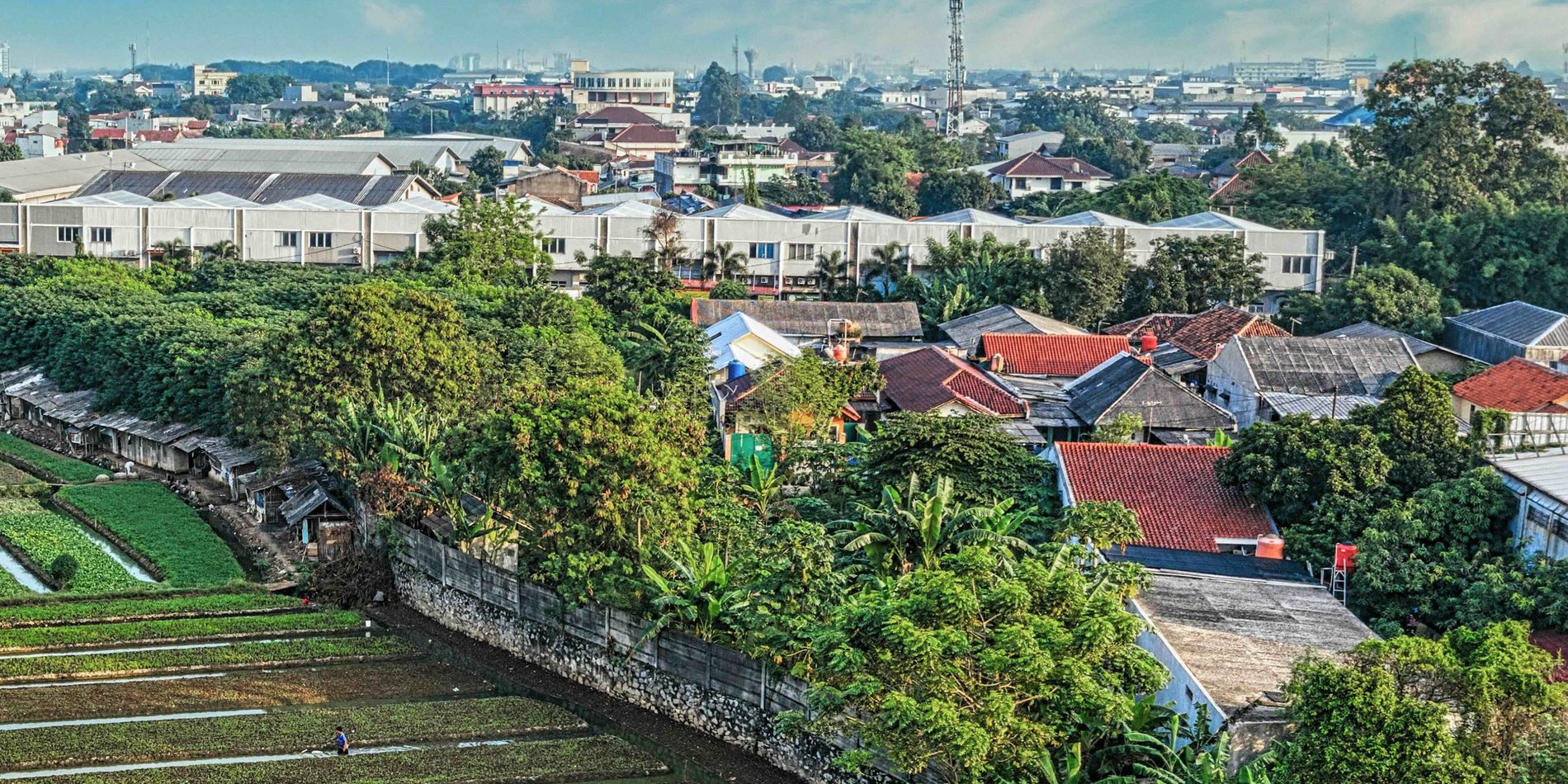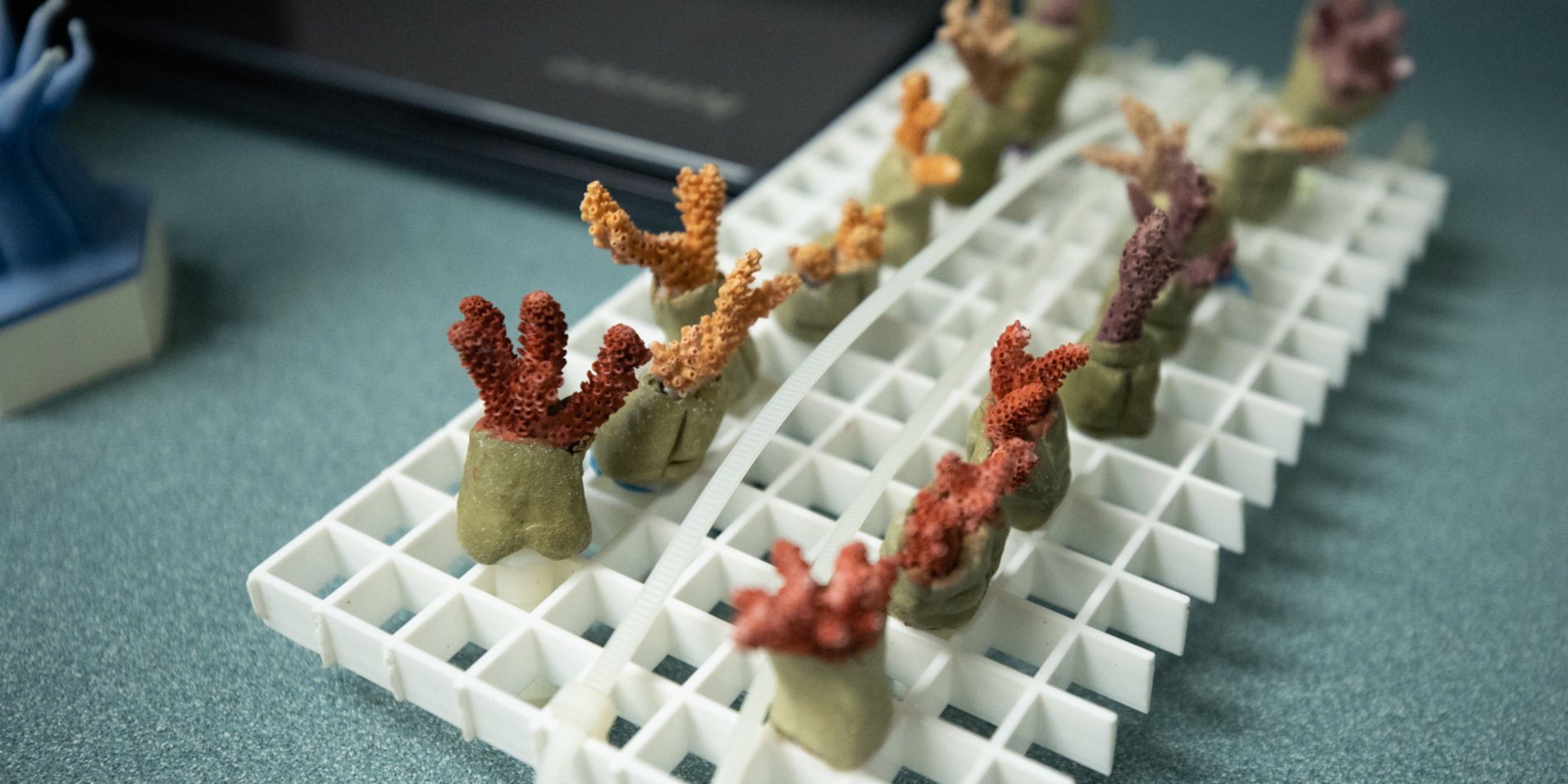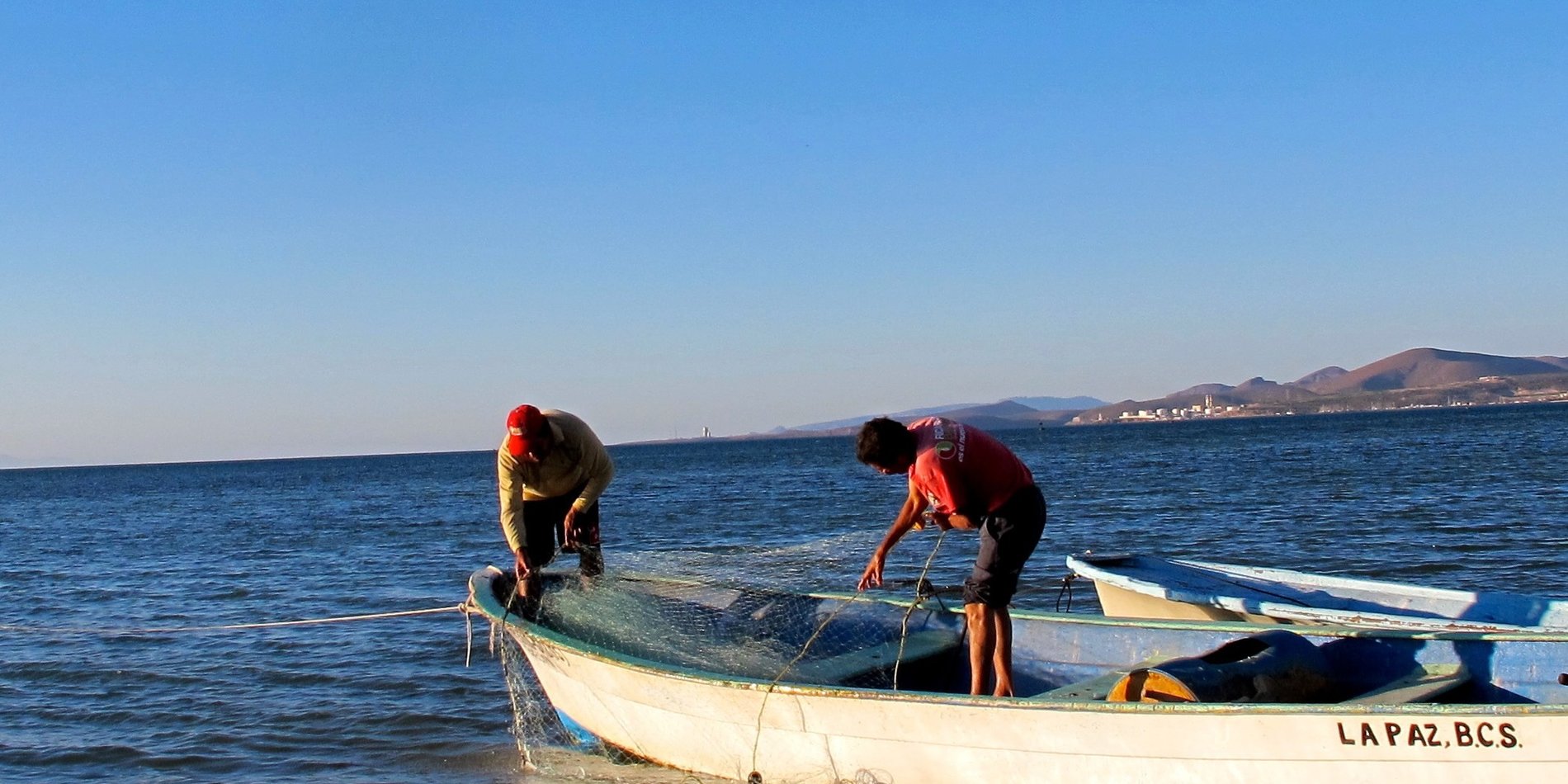14 Heads of State call for transformation in global ocean management
On December 2nd, the High-Level Panel for a Sustainable Ocean Economy launched its new ocean action agenda and a comprehensive report, titled 'Ocean Solutions that Benefit People, Nature and the Economy'. Composed of 14 heads of state, whose countries account for 40% of the Earth’s coastlines, the Ocean Panel is supported by an international group of scientists and builds on over two years of collaborative research and policy development.
The ocean action agenda is framed by one shared goal: for each of the Ocean Panel countries to sustainably manage 100% of their national waters by 2025. The accompanying report presents science-based solutions to some of the worlds’ most pressing ocean issues and challenges the notion that there exists a choice to make between economic development and environmental protection.
The Panel emphasized that sustainable ocean management is an essential part of securing a healthy future for both natural ecosystems and humanity. The ocean supports local economies, food systems, and cultural connections, and sustains livelihoods across a variety of sectors. Humans rely on the ocean today more than we ever have; over 3 billion people get their food from the sea and healthy oceans contribute $1.5 trillion to the global economy annually. But, that reliance —in conjunction with climate change — has added to the existing pressures exerted on ocean resources. Ocean health, and in parallel, human health face increasing insecurity under a business-as-usual scenario.
The new ocean action agenda emphasizes that a shift is needed to address the rising risks of an unhealthy ocean. The ocean as a solution is a key part of that shift, transforming the global narrative to recognize that protection, production, and prosperity can go hand in hand.
“This is an unprecedented effort by world leaders to chart a sustainable future for the ocean,” COS co-director Jim Leape noted. “This ocean action agenda comes at an important moment in global efforts on ocean management.” With the beginning of the new year, the world will enter the UN Decade of Ocean Science for Sustainable Development, 2021-2030. The 74 priority actions laid out in the complementary recommendations document, ‘Transformations for a Sustainable Ocean Economy: A Vision for Protection, Production, and Prosperity’, are aimed at helping the Ocean Panel countries attain the agenda’s objectives.
These recommendations and the report are supported by a wealth of knowledge generated by over 253 authors from 48 countries, including a number of researchers from the Stanford Center for Ocean Solutions. The collection of papers commissioned by the panel is referred to as the Blue Papers.
“COS has been an active partner to the Ocean Panel from the beginning of its work,” Leape said. “Members of the COS team have led or contributed to several of the scientific papers the Panel commissioned.”
Leape led a team that included COS fellows Annie Brett and Kevin Chand, preparing a Blue Paper on the potential for advancements in technology to better inform our understanding of marine ecosystems and human impacts on the ocean. Brett also co-authored a piece on the drivers of illegal, unreported, and unregulated (IUU) fishing, and the impacts of IUU fishing on ocean economies.
COS research associate Colette Wabnitz co-led a paper on the importance of prioritizing equity for a sustainable ocean economy and co-authored another piece with a focus on the ocean genome.
“Critical to any ‘transformation’ and foundational to a sustainable ocean economy is equity,” Wabnitz emphasized. “Indeed, a sustainable ocean economy cannot be achieved without a focus on justice and inclusiveness. This is all the more important as we transition out of the pandemic and strive to ‘build back better’.”
A fifth paper, on the future of ocean food production, was co-authored by Stanford Professor Roz Naylor, who is co-chairing our Blue Food Assessment.
Beginning on December 3rd, the Ocean Panel affiliate countries are hosting national launch events aimed at discussing country-specific priorities and actions in line with the agenda. These discussions center on the five areas for transformation identified by the recommendations document: ocean wealth, ocean health, ocean equity, ocean knowledge, and ocean finance.
Collectively, these resources and the partnerships developed to create them serve as a significant step towards comprehensive and collaborative sustainable ocean management. In looking forward, Leape noted, “the Panel’s report sets out a bold and vitally important agenda for sustaining the ocean and all of us who depend on it. We look forward to working with Panel members to turn those ambitions into action.”
Read the Full Report >
Learn more about our work on Sustainable Ocean Economies >
Learn more about our work Addressing Illegal Fishing and Labor Abuses >



